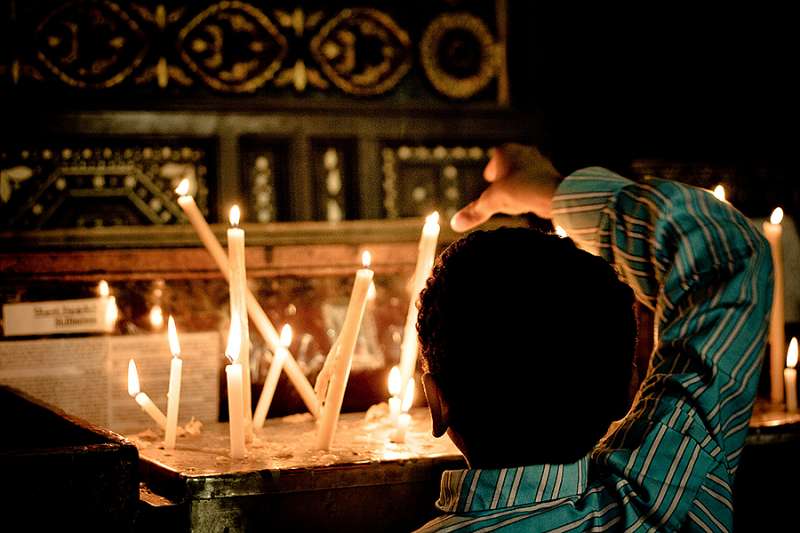Government restrictions on religion continued to rise across the globe in 2016, according to a recently released Pew study, which linked the stifling of religion to nationalist parties and organizations.
“This marks the second year in a row of increases in the overall level of restrictions imposed either by governments or by private actors (groups and individuals) in the 198 countries examined in the study,” said the Pew report.
The research found that 42 percent of countries experienced high or very high levels of overall religious restriction, which included hostile acts by government or private individuals or groups. This number is up from 40 percent in 2015, and 29 percent in 2007.
“This marks the biggest number of countries to fall in this top category since Pew Research Center began analyzing restrictions on religion in 2007,” Pew said.
“The share of countries with ‘high’ or ‘very high’ levels of government restrictions…rose from 25 percent in 2015 to 28 percent in 2016,” the study found. “Meanwhile, the share of countries with ‘high’ or ‘very high’ levels of social hostilities involving religion…remained stable in 2016 at 27 percent.”
The Middle-East and North Africa experienced the highest median level of government restrictions on religion, while Europe and the Americas were the only areas to experience an increase in median levels of social religious hostility.
Additionally, the research pointed to nationalist groups’ role in the rise of religious restrictions, particularly through targeting specific ethnic and religious minorities.
“In many countries, restrictions on religion resulted from actions taken by government officials, social groups or individuals espousing nationalist positions,” the Pew study noted.
Around 11 percent of countries saw government actors who “at times used nationalist, and often anti-immigrant or anti-minority, rhetoric to target religious groups in their countries in 2016,” — a 5 percent increase from the previous year.
European countries experienced this attitude most strongly, with around 33 percent having nationalist parties making statements against religious minorities, while 12 percent of Asia-Pacific countries shared a similar experience.
“Typically, these nationalist groups or individuals were seeking to curtail immigration of religious and ethnic minorities, or were calling for efforts to suppress or even eliminate a particular religious group, in the name of defending a dominant ethnic or religious group they described as threatened or under attack.”
Additionally, there was a 5 percent increase in countries where organized groups aimed to overtake public life at the expense of a religion.
The most popular targets for religious restrictions were Muslims, Christians and Jews.
“Looking at religious groups, harassment of members of the world’s two largest groups — Christians and Muslims — by government and social groups continued to be widespread around the world, with both experiencing sharp increases in the number of countries in which they were harassed in 2016,” the study said.
This research, which included 198 countries making up 99.5 percent of the world, comes from Pew’s ninth annual study of global restrictions on religion, which analyzes the “extent to which governments and societies around the world impinge on religious beliefs and practices.”
These levels were measured by government laws and policies, acts of individual or group hostility against religion, including armed conflict and terrorism. Harassment of religious groups was gathered by data relating to physical or verbal assaults, arrests, detentions, desecration of holy sites, and discrimination against religious groups via employment, education and housing.
The 2016 year was the most recent year in which data was available.

